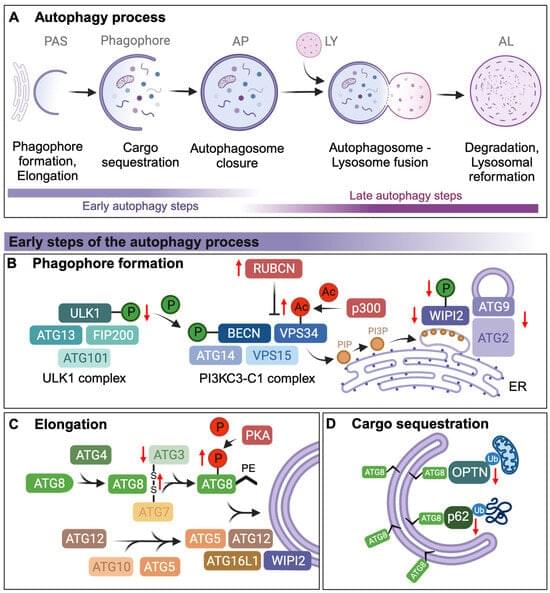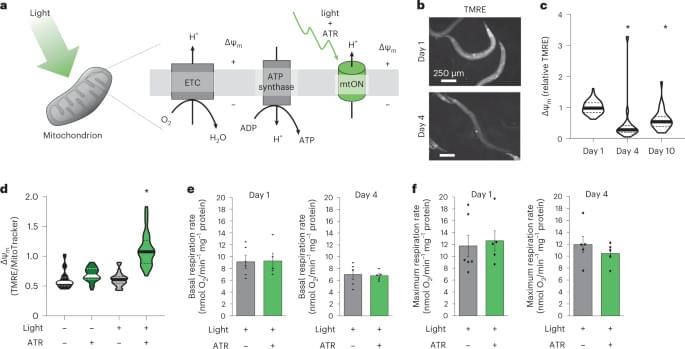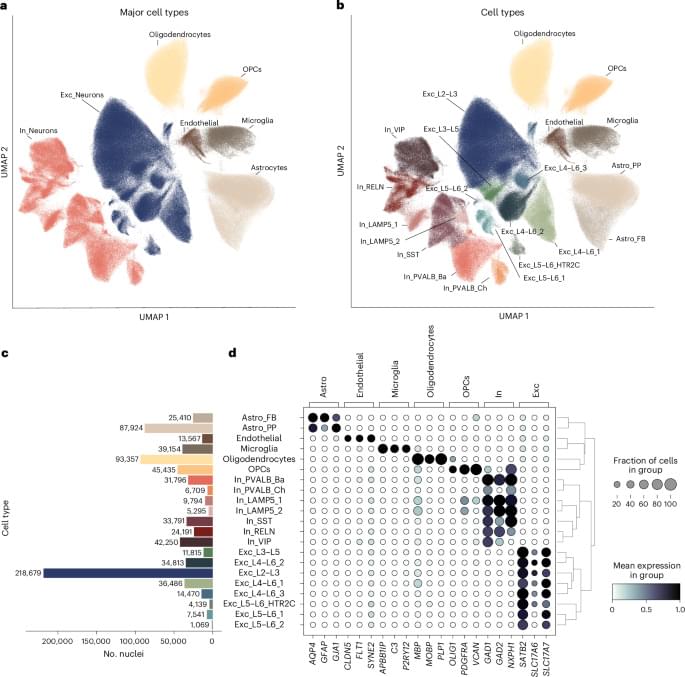Macroautophagy (hereafter autophagy) is a cellular recycling process that degrades cytoplasmic components, such as protein aggregates and mitochondria, and is associated with longevity and health in multiple organisms. While mounting evidence supports that autophagy declines with age, the underlying molecular mechanisms remain unclear. Since autophagy is a complex, multistep process, orchestrated by more than 40 autophagy-related proteins with tissue-specific expression patterns and context-dependent regulation, it is challenging to determine how autophagy fails with age. In this review, we describe the individual steps of the autophagy process and summarize the age-dependent molecular changes reported to occur in specific steps of the pathway that could impact autophagy.







